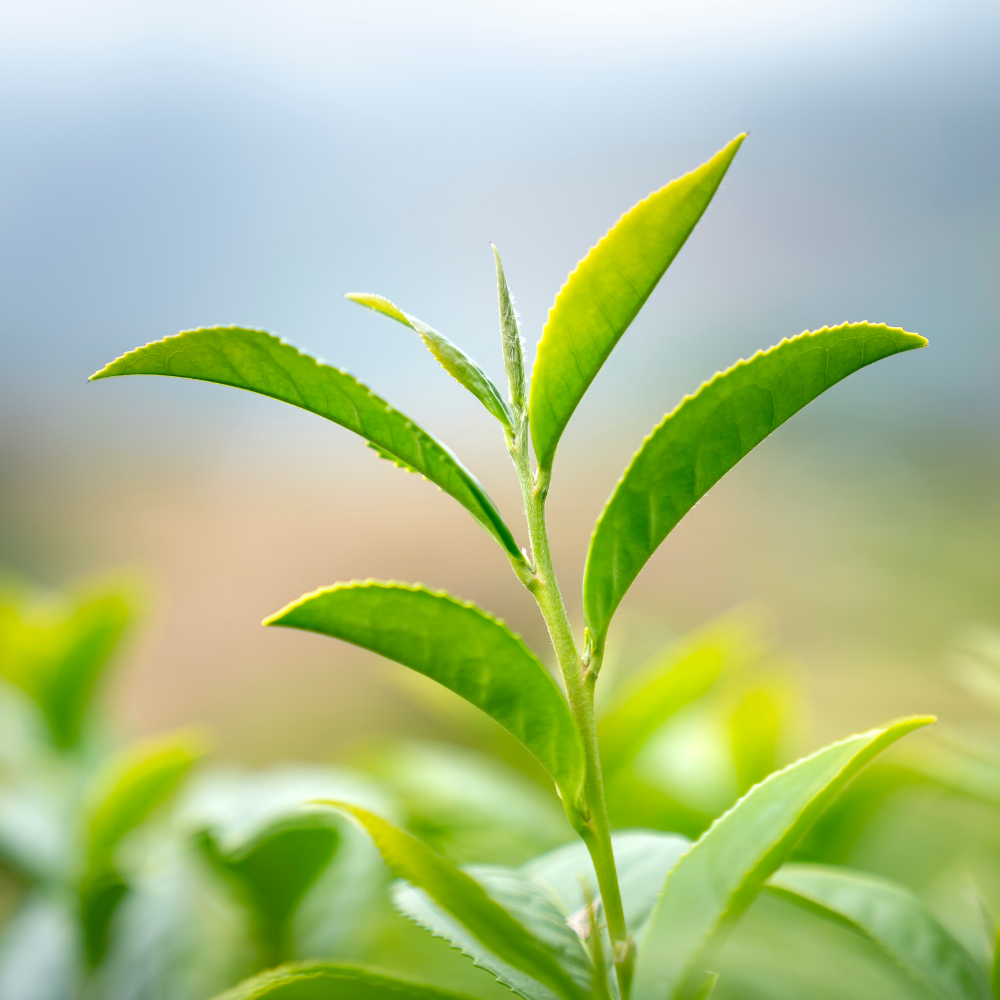Green tea is more than just a soothing, aromatic drink — it’s a rich source of natural antioxidants that offer a wide range of health benefits. Among all types of tea, loose leaf green tea stands out for its purity, freshness, and high antioxidant content. These antioxidants help protect the body from damage caused by free radicals, slow down the aging process, and support overall wellness.
In this article, we’ll explore the key antioxidants found in green tea and how they contribute to better health.
1. What Are Antioxidants and Why Do They Matter?
Antioxidants are compounds that neutralize free radicals — unstable molecules that can damage cells, contribute to inflammation, and accelerate aging. When your body is exposed to stress, pollution, poor diet, or UV rays, free radicals increase. That’s where antioxidants step in.
Green tea is one of the best natural sources of antioxidants, especially when consumed in its loose leaf form, which retains more nutrients compared to bagged or heavily processed tea.
2. EGCG: The Star Antioxidant in Green Tea

The most powerful and well-studied antioxidant in green tea is EGCG (epigallocatechin gallate). This catechin is believed to be responsible for many of green tea’s health-promoting effects.
EGCG helps:
- Reduce inflammation
- Boost metabolism and fat oxidation
- Support heart and brain health
- Fight certain types of cancer-causing cells
Regular consumption of loose leaf green tea ensures a higher intake of EGCG compared to pre-packaged teas, as the larger, unbroken leaves preserve more of the compound.
3. Other Key Antioxidants in Green Tea

In addition to EGCG, green tea contains several other important catechins and polyphenols, including:
- EC (epicatechin)
- EGC (epigallocatechin)
- ECG (epicatechin gallate)
These compounds work together to strengthen the body’s defense against chronic diseases, improve circulation, and protect the skin from damage. They also contribute to green tea’s distinctive flavor — slightly grassy, fresh, and clean.
4. Antioxidants That Support Heart Health
One of the biggest benefits of green tea antioxidants is their ability to support cardiovascular health. Catechins in green tea help lower LDL cholesterol, reduce blood pressure, and improve the flexibility of blood vessels. These effects can significantly reduce the risk of heart disease and stroke when green tea is consumed regularly.
5. Green Tea and Brain Protection
The antioxidants in green tea don’t just help your body — they also protect your brain. Studies suggest that catechins and EGCG may lower the risk of neurodegenerative diseases like Alzheimer’s and Parkinson’s. They also promote better memory, focus, and mental clarity.
Combined with the calming effects of L-theanine and low-dose caffeine, loose leaf green tea is a perfect beverage for maintaining both mental energy and calm.
Final Thoughts
Loose leaf green tea is a natural, nutrient-rich source of antioxidants that support nearly every system in your body. From heart and brain health to metabolism and aging, the benefits are wide-ranging and scientifically backed.
To get the most from green tea, choose high-quality loose leaf varieties and brew them properly to preserve the delicate antioxidant compounds. Just a few cups a day can lead to long-term health improvements — all starting with a simple, mindful sip.
